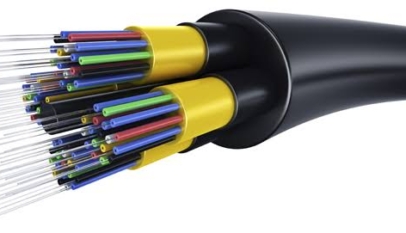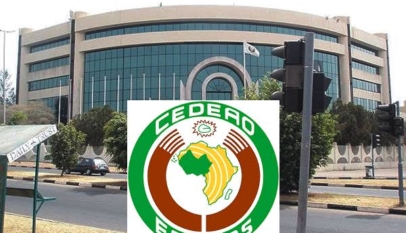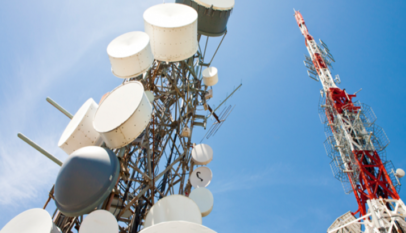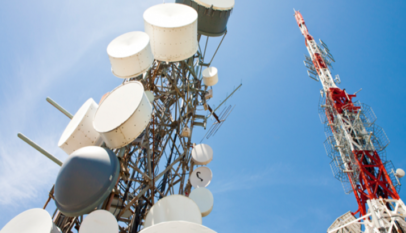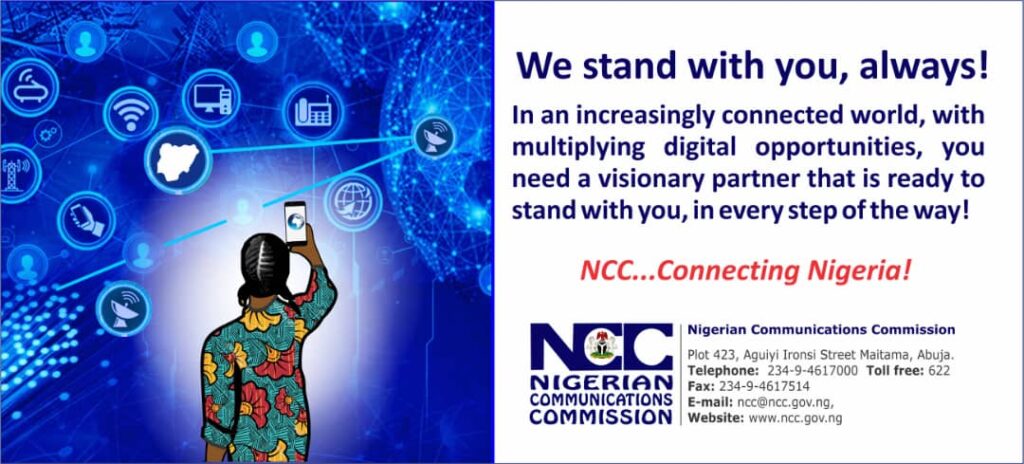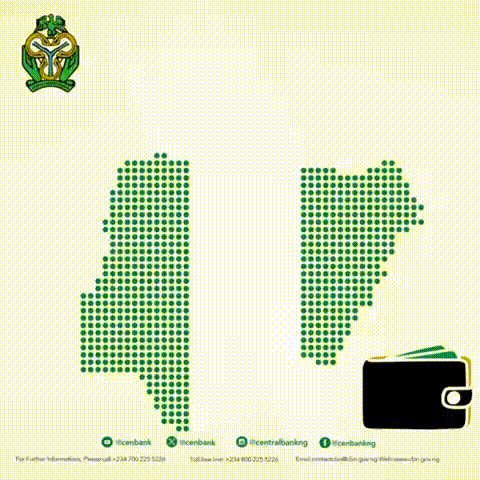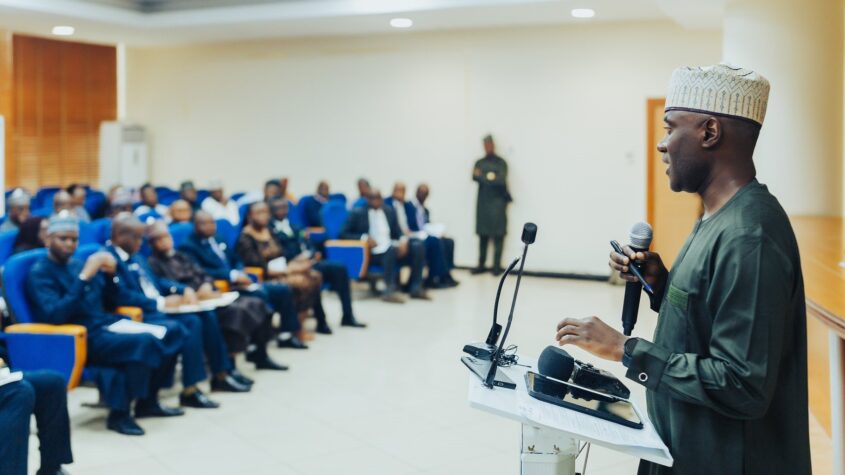
New NCC Boss, Maida Commits to President Tinubu’s Vision on Digital Economy
The new Executive Vice Chairman (EVC) of the Nigerian Communications Commission (NCC), Dr. Aminu Maida, has said he would align the Commission’s regulatory focus to achieve the promises of President Bola Ahmed Tinubu’s Renewed Hope agenda to advance the nation’s digital transformation agenda.
Maida, who spoke to the Senior Management team of the Commission at the Commission’s Head Office in Abuja Tuesday, said there is a need to ensure that the NCC strategically focuses on ensuring all Nigerians have access to affordable and reliable broadband services. Part of this is to ensure “effective broadband infrastructure diffusion across the length and breadth of Nigeria.
The new telecom regulator paid tributes to former chief executives of the Commission for their laudable role in building a resilient telecoms industry. Dr Maida said the pursuit of improved quality of service on the networks will be one of his priorities, as well as supporting the vision of the Federal Government and the Ministry of Communications, Innovations and Digital Economy.
“Considering the fact that many people are going more digital and virtual in everything they do, the telecom infrastructure is now under much stress. President Tinubu’s vision emphasises the need to build more robust broadband connectivity that will not only facilitate seamless digital transactions but also serve as the bedrock for e-governance and other socio-economic initiatives,” he said.
“As such, we would align with this aspiration to increase broadband penetration to 70 per cent and to cover 90 per cent of the population by 2025. Therefore, we need to build a reliable telecom industry with impressive quality of service (QoS) indicators with quality of experience (QoE) as our watchword and ultimate goal. This also requires us to address a number of issues such as the Right of Way (RoW) challenge, ensuring security of our telecom infrastructure, among others. Efforts must be made to significantly improve service delivery by ensuring the NCC is performance-driven,” he said.
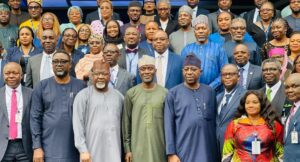
“Mr President has a very clear agenda from which all of us are going to take our direction. The two major areas are job creation and enabling the digital economy. Where we are going in a nutshell is; everything that we do in this Commission has to align directly with the Strategic Plan of the Hon. Minister of Communications, Innovations and Digital Economy, Dr Bosun Tijani and ultimately to the Renewed Hope agenda of His Excellency, President Bola Ahmed Tinubu. We would not deviate from that.
“We would not entertain anything that deviates from this direction because my key performance indicators (KPIs) are fed into the Minister’s KPIs and the President KPIs come from the electorate that put him into power. The Hon. Minister has said clearly that he is ready to build a robust digital infrastructure and empower three million Nigerians digitally and we have to do our best to support him in this regard,” Maida said.
He stated further that, in the Strategic Plan of the Minister, there was a plan to empower three million Nigerians in digital skills and entrepreneurship, adding that this will require the Commission to support Digital Bridge Institute (DBI) as a digital training institution, to be well positioned in driving the government’s agenda on youth empowerment.
The EVC also emphasised the importance of effective spectrum management and utilisation in supporting the envisioned digital connectivity agenda, which is critical to service deployment to the generality of Nigerians and businesses in the country.
Maida, while appreciating his predecessors and the entire staff of the Commission for the laudable role being played in digital transformation of all sectors by stimulating the deployment of baseline telecom infrastructure, however, called on the staff of the Commission to join his leadership with a sense of purpose as a team towards advancing the actualisation of the President’s Renewed Hope agenda, which, he said, recognises a thriving digital economy in achieving sustainable development and quality of life for all citizens.

